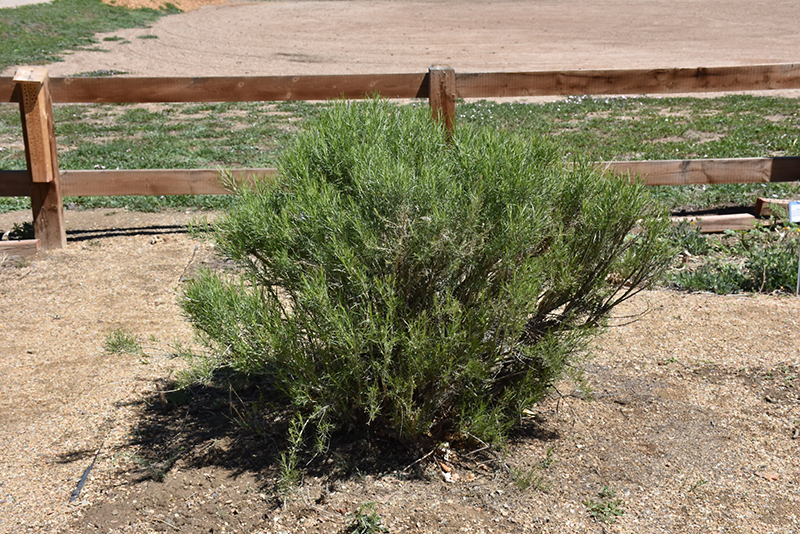PLANT FINDER
Height: 4 feet
Spread: 4 feet
Sunlight:
![]()
Hardiness Zone: 4a
Other Names: Rabbit Brush, syn. Chrysothamnus nauseosus
Description:
This rugged shrub produces pungent golden-yellow flowers in late summer to early fall; grassy narrow leaves grace an open and airy habit; may cut back in spring to increase ornamental value; tough and drought tolerant
Ornamental Features
Rubber Rabbitbrush is blanketed in stunning clusters of fragrant yellow tubular flowers at the ends of the branches from late summer to early fall. It has grayish green foliage with hints of silver. The grassy leaves do not develop any appreciable fall color. The gray branches are extremely showy and add significant winter interest.
Landscape Attributes
Rubber Rabbitbrush is an open multi-stemmed deciduous shrub with an upright spreading habit of growth. Its relatively fine texture sets it apart from other landscape plants with less refined foliage.
This shrub will require occasional maintenance and upkeep, and is best pruned in late winter once the threat of extreme cold has passed. It is a good choice for attracting bees and butterflies to your yard, but is not particularly attractive to deer who tend to leave it alone in favor of tastier treats. Gardeners should be aware of the following characteristic(s) that may warrant special consideration;
- Self-Seeding
Rubber Rabbitbrush is recommended for the following landscape applications;
- Mass Planting
- Rock/Alpine Gardens
- General Garden Use
- Naturalizing And Woodland Gardens
Planting & Growing
Rubber Rabbitbrush will grow to be about 4 feet tall at maturity, with a spread of 4 feet. It has a low canopy. It grows at a medium rate, and under ideal conditions can be expected to live for approximately 10 years.
This shrub should only be grown in full sunlight. It prefers dry to average moisture levels with very well-drained soil, and will often die in standing water. It is considered to be drought-tolerant, and thus makes an ideal choice for xeriscaping or the moisture-conserving landscape. This plant does not require much in the way of fertilizing once established. It is particular about its soil conditions, with a strong preference for sandy, alkaline soils. It is somewhat tolerant of urban pollution. This species is native to parts of North America.


